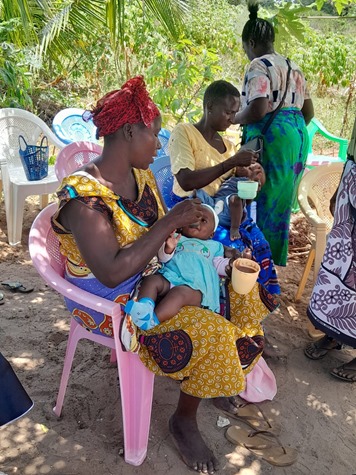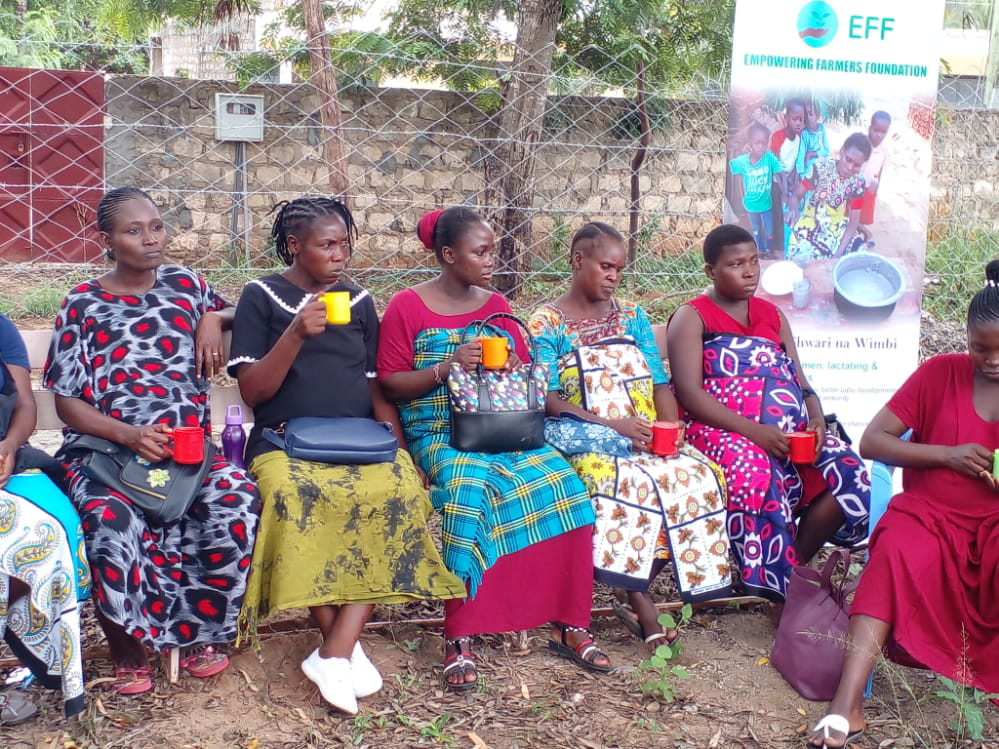World Health Day 2025: Healthy Beginnings, Hopeful Futures
Every year on April 7th, the World Health Organization (WHO) observes World Health Day to raise awareness about pressing health challenges. This year’s theme, “Healthy Beginnings, Hopeful Futures,” kicks off a year-long campaign focusing on maternal and newborn health, urging action in reducing preventable maternal and child mortality.
This campaign is a crucial step toward achieving the UN’s Sustainable Development Goals (SDGs), particularly SDG 3—ensuring healthy lives and well-being for all.
EFF’s Commitment to Maternal and Child Health
This campaign is a crucial step toward achieving the UN’s Sustainable Development Goals (SDGs), particularly SDG 3—ensuring healthy lives and well-being for all.
At EFF we have been working for years to address malnutrition and food security, especially among mothers and children in vulnerable communities. In Kilifi, Kenya, where micronutrient deficiencies and high child mortality rates persist, we’ve championed the use of finger millet — a highly nutritious, drought-resistant superfood
Over the last three years, EFF has empowered 15,000 farmers through:
- Good Agricultural Practices (GAP) training in finger millet cultivation
- Post-harvest handling methodologies to preserve nutritional quality
- Certified seeds for planting on quarter-acre plots


This intervention yields 2-3 bags (90kg each) per farmer—enough to provide year-round nutritious food for young mothers and children in each household.
Key traits that make finger millets the ideal cereal:
- Rich in iron, calcium, and amino acids—essential for pregnant women and growing infants
- Gluten-free and easily digestible, making it ideal for baby weaning foods
- Drought-resistant, ensuring food security in climate-vulnerable regions
Through community training programs, we educate mothers on nutritious food preparation using finger millets, helping combat stunting, anemia, and malnutrition-related illnesses. Our efforts align perfectly with this year’s World Health Day mission—ensuring healthier beginnings for the next generation.
